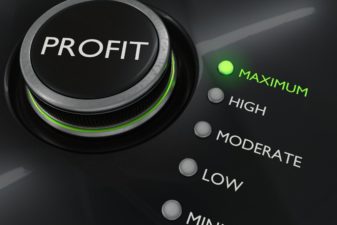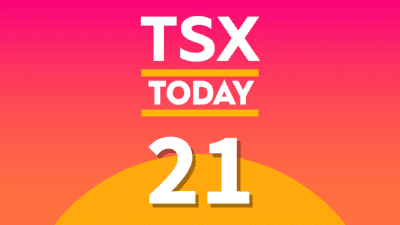Inflation continues to rise, and it has Canadians across the country quite concerned. After rising 5.1% in January year over year, those concerns remain incredibly valid. This year could be seriously hard on Canadians, especially as wage increases remain stagnant.
But it’s even harder on self-employed individuals. You’re being paid the same amount in a lot of cases but are seeing the cost to run your business rise higher and higher. And, of course, your home costs are rising as well. And add to this that tax season will be here before you know it.
However, there is a way to prepare — not just this year, but every year. If you want to make the most of your income, then turn your taxes into cold, hard cash before you pay the Canada Revenue Agency (CRA).
First, pay up
As many self-employed individuals know, you have a business account with the CRA linked to an HST number. Whenever someone purchases your products, you then charge your GST/HST so that come tax time, you can pay the CRA whatever it is you owe.
Before you pay up, the CRA will also ask you to pay instalments. And, ideally, you should pay them as soon as you receive notice in the mail. You can therefore not worry about losing money through interest on missing payments. You certainly don’t want to have the CRA after you, and will have the rest of the cash on hand.
Where to put that cash
Don’t just keep your taxes in your chequing account. There are several problems with that. Of course, the biggest is that you’ll be enticed to spend it, thinking you have way more cash on hand than you really do. But also, even putting your taxes away in another account isn’t ideal. You’re paying to have that account open in most cases and therefore actually losing cash.
So, there are two steps I would take. Always put in 5% more than you think you’ll owe in taxes for any given year. That way you won’t have to take out of pocket, and there won’t be any surprises. Second, put it in your Tax-Free Savings Account (TFSA)! There are no fees, and you can take it out at any time.
Invest it!
Before you panic, I’m quite aware of the volatile situation we’re in right now. Canadians certainly don’t want to put their taxes into tech stocks and see them crash further. Instead, consider an exchange-traded fund (ETF) that’s remained steady for the last few years, even through these crashes.
My top choice right now is Horizons S&P/TSX 60 Index ETF (TSX:HXT). There are several benefits to this ETF. First, it’s run by artificial intelligence, looking for the top-performing 60 stocks on the TSX and rebalancing to create solid growth. And that growth has certainly been solid. Shares are up 21% in the last year and 65% in the last five years. And while it’s dipped slightly during market crashes, it’s rebounded and remained stable almost immediately after a fall.
The compound annual growth rate (CAGR) for the last five years has been 11.84% for Horizons. Let’s say you put away $15,000 for taxes one year. That could turn into $16,776 based on the CAGR rate! Not only do you therefore have taxes set aside, ready to come out tax free for the CRA, but you’ve made $1,776 in the meantime.
So, self-employed Canadians, don’t think your taxes are a complete loss. Pay the CRA and get some growth out of them while you can.










